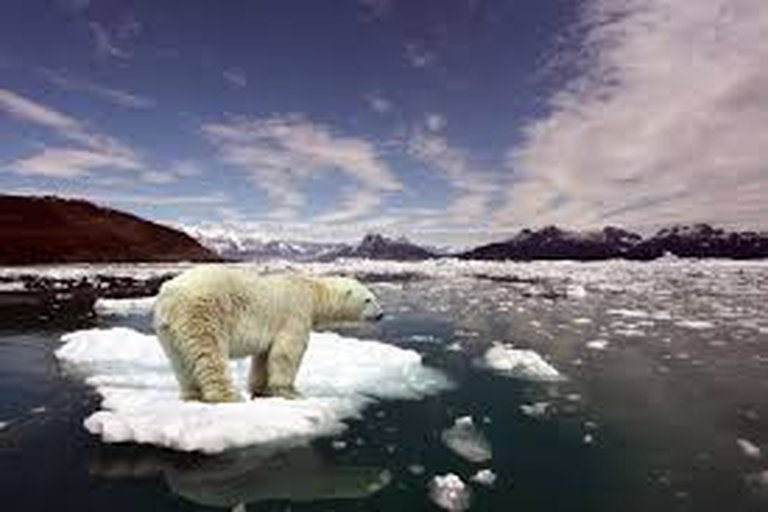Science & Discovery
Breakthrough Research on Arctic Climate Change Published
Toronto scientists contribute to landmark international study revealing faster-than-expected ice melt patterns.
2025-06-20 23:47 | By Chloe Patel

A new climate study led by Toronto-based researchers has revealed that Arctic ice is melting at a rate significantly faster than previously estimated, raising urgent concerns about rising sea levels and global climate stability. The research, published in *Nature Climate Science*, combines satellite data, field observations, and advanced modeling to paint a stark picture of the polar region’s rapid transformation.
The team, composed of climatologists from the University of Toronto and Environment and Climate Change Canada, spent over two years compiling data from ice cores, ocean temperature sensors, and aerial monitoring flights. Their findings suggest that Arctic sea ice volume has declined by over 40% in the last two decades alone.
Lead researcher Dr. Helena Wark noted that the melting patterns indicate a feedback loop: as ice melts, darker ocean surfaces absorb more heat, which accelerates further melting. 'What we’re seeing is not a gradual shift but a compounding crisis,' she explained.
One of the study’s most alarming revelations is the significant rise in permafrost thaw across large portions of the Canadian Arctic. Thawing permafrost releases methane, a potent greenhouse gas, which further exacerbates global warming and could undermine international climate targets.
Using AI-assisted climate modeling, the researchers projected that without aggressive emission reductions, Arctic summers could be nearly ice-free by 2040. This scenario would have profound implications for global weather systems, biodiversity, and coastal communities around the world.
The report includes extensive collaboration with Indigenous communities in Nunavut and the Northwest Territories. Their traditional ecological knowledge provided valuable insights into long-term environmental changes, supplementing scientific measurements with firsthand observations of shifting animal migration and thinning ice.
Minister of the Environment Jonathan Wright called the study a wake-up call for policymakers. 'This research underscores the urgency of bold, coordinated action both nationally and globally to curb emissions and invest in climate resilience,' he said at a press briefing.
Several international organizations have praised the report, with the United Nations Environment Programme citing it as a 'critical contribution' to understanding climate risk. The study is expected to influence negotiations at the next UN Climate Summit.
The research team also emphasized the role of educational outreach, launching a companion website and a series of bilingual explainer videos to help the public understand the science and stakes involved in Arctic climate shifts.
Youth climate activists in Canada have mobilized around the report’s findings, organizing demonstrations and letter-writing campaigns to pressure elected officials into accelerating Canada’s climate goals. 'We can’t afford to wait until it’s too late,' said 17-year-old organizer Ella Thompson.
In response, several provincial governments have pledged increased investment in renewable energy and climate adaptation strategies. Funding will also support continued Arctic monitoring, ensuring that future changes are detected and addressed more rapidly.
As the Arctic continues to warm at nearly four times the global average, scientists warn that time is running out. The report ends with a call to action, urging individuals, businesses, and governments alike to take immediate steps to preserve the planet’s most vulnerable regions.